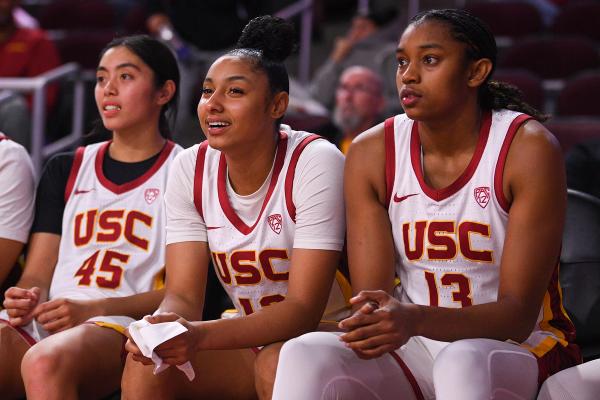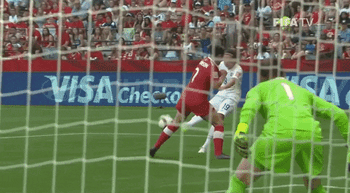NCAA athletes win several key legal battles in ongoing fight for labor rights

The GIST: College athletes keep winning major battles in the fight to be recognized as employees, a distinction that would allow them to earn income and experience labor protections. From Dartmouth to USC, the NCAA’s amateurism model is giving way to a new, labor-protected college landscape.
🏀 Dartmouth: In New Hampshire, the National Labor Relations Board (NLRB) ruled Monday that its men’s basketball players are employees, giving them the ability to unionize. The historic win sets a precedent for other legal battles across the U.S. as athletes look to maximize their profitability while playing college sports.
- In pro sports, unionization has transformed the player experience. The PWHL became the first North American pro women’s league to construct a CBA before play, while the NWSL and WNBA have secured protections like minimum salaries, travel accommodations, and maternity benefits. Shattering records and glass ceilings.
🏛️ USC: The Dartmouth win affects another lengthy battle in SoCal, where USC athletes are making their own case to the NLRB. The court is expected to rule in their favor after some embarrassing gaffes, like athletic directors feigning ignorance around shoe restrictions and redefining “rules.”
- While the Dartmouth case only involves the men’s basketball team, the USC ruling will have an immediate impact on its women’s basketball team. Combined, these two cases are expected to create a watershed moment for college sports labor rights.
🚫 Tennessee, Virginia: The state attorney generals of Tennessee and Virginia filed a lawsuit last Wednesday alleging the NCAA’s NIL restrictions violate federal antitrust laws. If their requested temporary restraining order and preliminary injunction are granted, it could prevent the NCAA from prohibiting NIL as a recruitment tactic.
- The college sports org responded swiftly on Saturday, arguing athletes could then be “exposed” to “bad actors” who exploit their talent. Pot, meet kettle.
Lingering questions: The remaining question is an existential one that the NCAA has avoided for years: How can college players get paid and still be considered amateurs? The courts say they can’t, so if athletes are now professionals, will this change how they earn money? Only time will tell.
Enjoying this article? Want more?

Sign up for The GIST and receive the latest women's sports business news straight to your inbox three times a week

